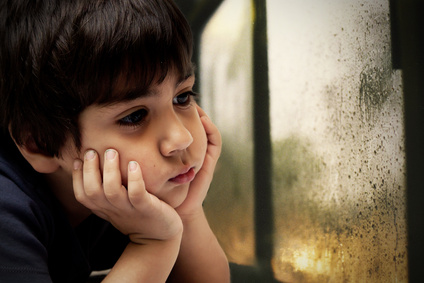
“Honestly, all I want to do is eat, curl up by the fire and sleep 10 hours”
My companion, Sherry, expressed this sentiment as we surveyed a small miracle: It was one of those rare (for me) occasions when everything needed for a festive meal were ready at the same time. The main course, vegetable dishes, pies - everything had come together. Mouthwatering aromas filled the kitchen, defying the chilly outdoors. Yet she was moved by something deeper.
Winter blahs crept in anyway
Soon it became apparent that Sherry was experiencing a winter down-time with reduced mental and physical energy, feeling a little blue, along with a longing for soothing foods. (She was not referring to seasonal affective disorder (SAD), a full-blown winter depression).
Does our mood come from thousands of years of seasonal change?
I can imagine that our ancient forebears were tuned into winter as a time of dormancy, of introspection, to which they added a uniquely human element, a promise of renewal.
Research suggests that winter down time reflects an altered circadian rhythm, a change in the body’s internal clock, due to reduced brain levels of neurotransmitters such as serotonin, in response to decreased sunlight.
Managing winter-induced energy dips
What never fails for me is to go outside, move my body and connect with nature. Then again, I sometimes accept that a low energy winter day offers an opportunity for contemplation and curling up by the fire with a good book.
Insight Builder
How do you know if your answer to a winter energy dip is to move into activity or to hunker down and get some serious down-time? What has worked for you in the past?